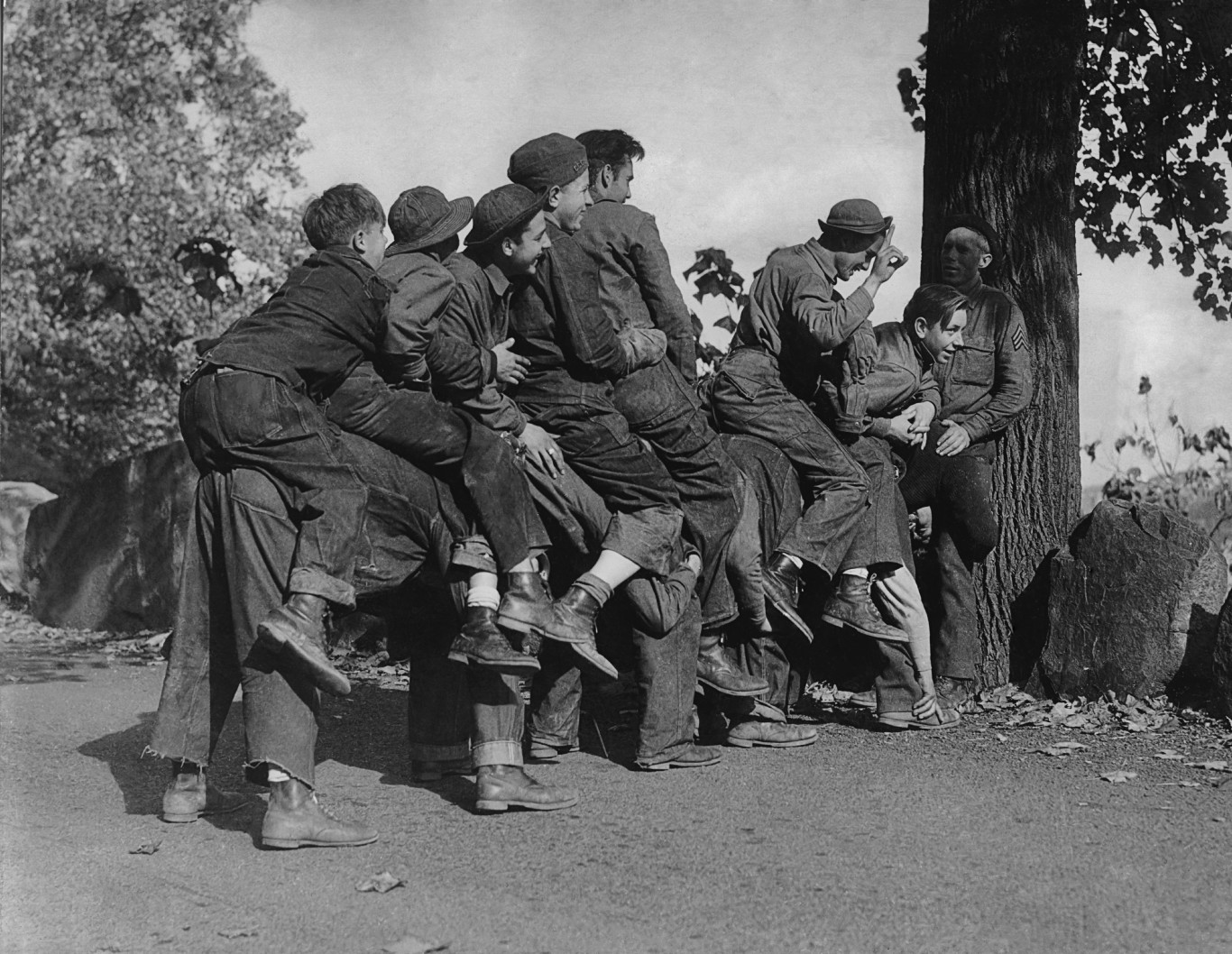 Americans who need jobs will take jobs other than the ones they desire.
Americans who need jobs will take jobs other than the ones they desire.
A new Gallup poll says that “Six in 10 unemployed Americans say the next job they get is not likely to be one they want; instead, they’ll have to settle for one they don’t really want.”
People who do not like their jobs cannot move to ones they find more appealing. That will change when the recovery takes hold, even if that takes years. Then employees will do their best to migrate to the companies that they want to work for in the industries where they want to be employed.
This migration of people from one job to another will trigger a dangerous set of events. Companies have gotten used to having access to cheap labor. Firms have taken advantage of that to keep costs down. But, these companies have also taken the risk that these low-cost workers will leave as quickly as they can if they cannot get a raise or want to relocate to work they find more desirable. Some American firms will face a sudden surge in people who can and will quit. It will be expensive to replace those with employees with the proper skills. It will also be expensive to train new workers.
If worker satisfaction means anything to productivity, many companies will gain from an influx of people who will enjoy their work. These workers are also likely to have been displaced from the sectors in which they worked before the recession. That will be a benefit to many companies. They will see a return of “skilled” workers. That should have the effect of creating a more productive workforce at many companies.
Companies that have elected to drag the bottom of the employment barrel to find workers who were quickly dissatisfied will learn that short-term decisions make long term problems. Cheap gets expensive.
Douglas A. McIntyre
Get Ready To Retire (Sponsored)
Start by taking a quick retirement quiz from SmartAsset that will match you with up to 3 financial advisors that serve your area and beyond in 5 minutes, or less.
Each advisor has been vetted by SmartAsset and is held to a fiduciary standard to act in your best interests.
Here’s how it works:
1. Answer SmartAsset advisor match quiz
2. Review your pre-screened matches at your leisure. Check out the advisors’ profiles.
3. Speak with advisors at no cost to you. Have an introductory call on the phone or introduction in person and choose whom to work with in the future
Thank you for reading! Have some feedback for us?
Contact the 24/7 Wall St. editorial team.




